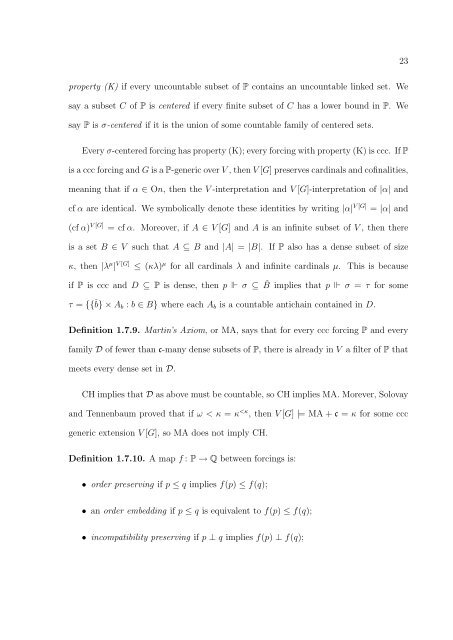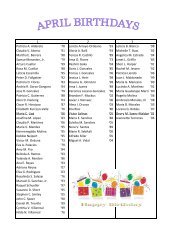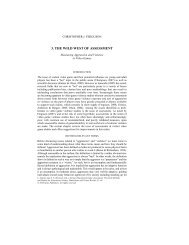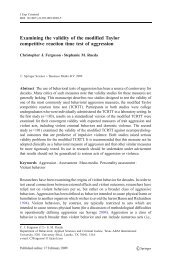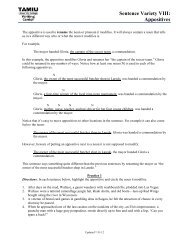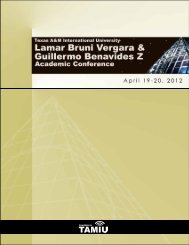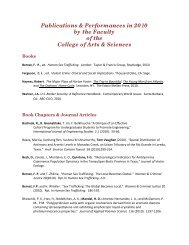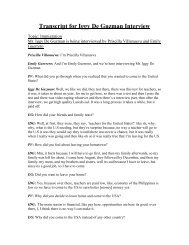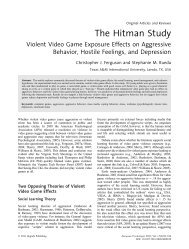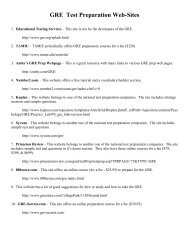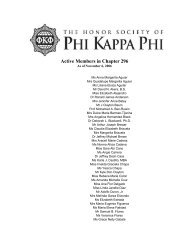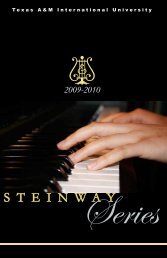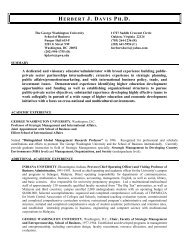ORDER-THEORETIC INVARIANTS IN SET-THEORETIC TOPOLOGY
ORDER-THEORETIC INVARIANTS IN SET-THEORETIC TOPOLOGY
ORDER-THEORETIC INVARIANTS IN SET-THEORETIC TOPOLOGY
You also want an ePaper? Increase the reach of your titles
YUMPU automatically turns print PDFs into web optimized ePapers that Google loves.
property (K) if every uncountable subset of P contains an uncountable linked set. We<br />
say a subset C of P is centered if every finite subset of C has a lower bound in P. We<br />
say P is σ-centered if it is the union of some countable family of centered sets.<br />
Every σ-centered forcing has property (K); every forcing with property (K) is ccc. If P<br />
is a ccc forcing and G is a P-generic over V , then V [G] preserves cardinals and cofinalities,<br />
meaning that if α ∈ On, then the V -interpretation and V [G]-interpretation of |α| and<br />
cf α are identical. We symbolically denote these identities by writing |α| V [G] = |α| and<br />
(cf α) V [G] = cf α. Moreover, if A ∈ V [G] and A is an infinite subset of V , then there<br />
is a set B ∈ V such that A ⊆ B and |A| = |B|. If P also has a dense subset of size<br />
κ, then |λ µ | V [G] ≤ (κλ) µ for all cardinals λ and infinite cardinals µ. This is because<br />
if P is ccc and D ⊆ P is dense, then p σ ⊆ ˇ B implies that p σ = τ for some<br />
τ = {{ ˇ b} × Ab : b ∈ B} where each Ab is a countable antichain contained in D.<br />
Definition 1.7.9. Martin’s Axiom, or MA, says that for every ccc forcing P and every<br />
family D of fewer than c-many dense subsets of P, there is already in V a filter of P that<br />
meets every dense set in D.<br />
CH implies that D as above must be countable, so CH implies MA. Morever, Solovay<br />
and Tennenbaum proved that if ω < κ = κ


